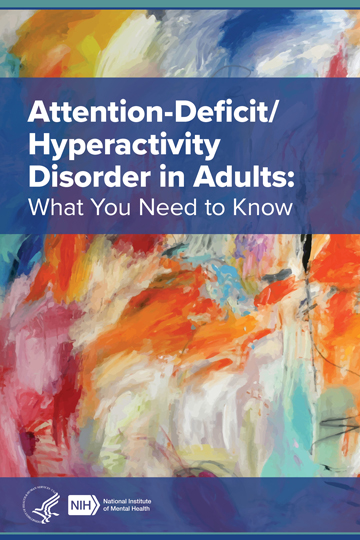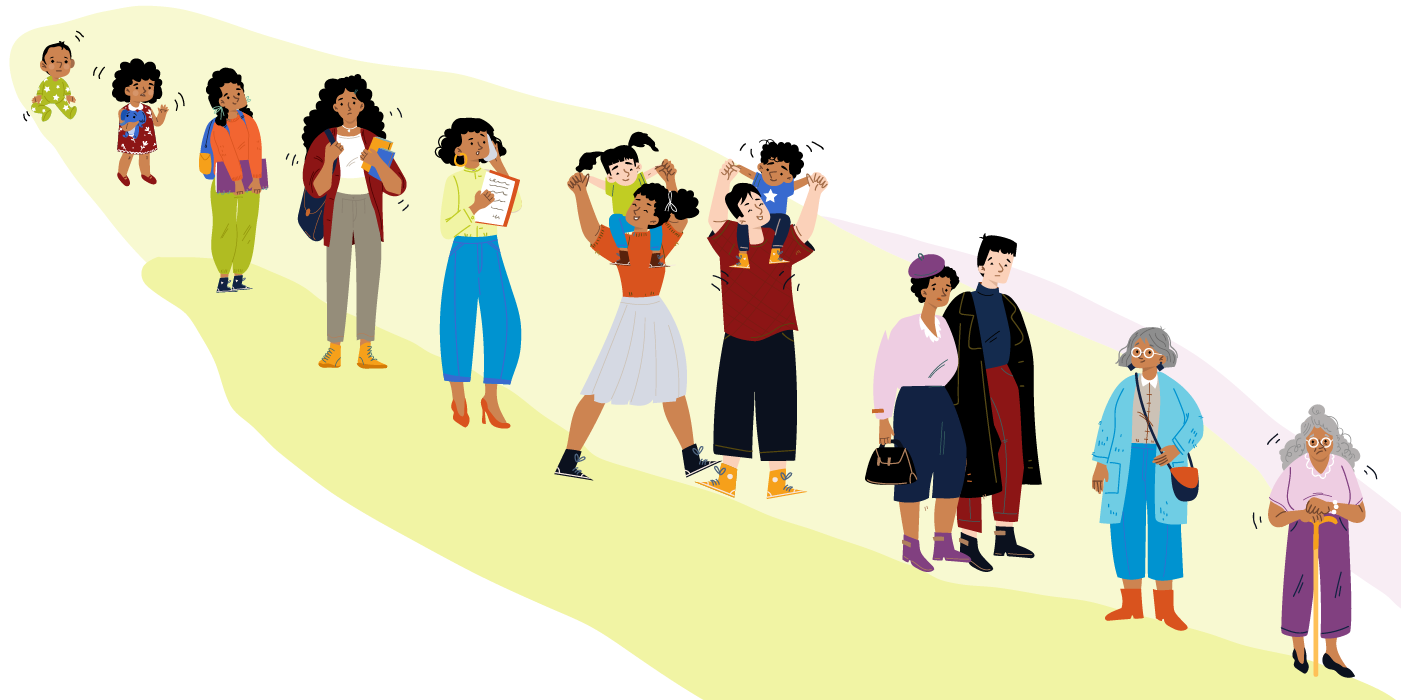Students with Disabilities Preparing for Postsecondary Education
 More and more high school students with disabilities are planning to continue their education in postsecondary schools, including vocational and career schools, two- and four- year colleges, and universities.
More and more high school students with disabilities are planning to continue their education in postsecondary schools, including vocational and career schools, two- and four- year colleges, and universities.
As a student with a disability, you need to be well informed about your rights and responsibilities as well as the responsibilities postsecondary schools have toward you. Read more ›


 Students with learning disabilities must be able to advocate effectively for themselves. Beginning in the early years and continuing throughout their school lives, students with learning disabilities must be supported in learning how to self-advocate.
Students with learning disabilities must be able to advocate effectively for themselves. Beginning in the early years and continuing throughout their school lives, students with learning disabilities must be supported in learning how to self-advocate. 
 Self-advocacy gives students with learning disabilities the confidence to ask for the tools they need to be successful in the real world. The strategy not only benefits children at school, but in explaining their learning disability to friends and family members.
Self-advocacy gives students with learning disabilities the confidence to ask for the tools they need to be successful in the real world. The strategy not only benefits children at school, but in explaining their learning disability to friends and family members. 
 Most people have some idea of what “self-advocacy” is, but it helps to define it. At its heart, self-advocacy is the ability to communicate what your needs are.
Most people have some idea of what “self-advocacy” is, but it helps to define it. At its heart, self-advocacy is the ability to communicate what your needs are. 
 Learning a foreign language can be frustrating for a student with a language-based learning disability. Many of the same elements that may have posed problems in English (letter sounds, decoding, spelling, grammar), can cause difficulties in foreign language learning.
Learning a foreign language can be frustrating for a student with a language-based learning disability. Many of the same elements that may have posed problems in English (letter sounds, decoding, spelling, grammar), can cause difficulties in foreign language learning. 
 Have you experienced challenges with concentration, impulsivity, restlessness, and organization throughout your life? Have you ever wondered whether you might have attention-deficit/hyperactivity disorder (ADHD)? Although ADHD is well known as a condition that affects children, many adults also experience it.
Have you experienced challenges with concentration, impulsivity, restlessness, and organization throughout your life? Have you ever wondered whether you might have attention-deficit/hyperactivity disorder (ADHD)? Although ADHD is well known as a condition that affects children, many adults also experience it. 
 We often think of learning differences as challenges faced in school. But the reality is that learning differences impact people throughout their lives with implications far beyond the classroom: home, relationships, work and family to name a few. Therefore, it’s important to learn strategies and skills that apply throughout the lifespan.
We often think of learning differences as challenges faced in school. But the reality is that learning differences impact people throughout their lives with implications far beyond the classroom: home, relationships, work and family to name a few. Therefore, it’s important to learn strategies and skills that apply throughout the lifespan. 
 Support from schools can improve elementary and secondary students’ math, reading, and other language skills. But how can people with learning disabilities prepare for the demands of university or working life?
Support from schools can improve elementary and secondary students’ math, reading, and other language skills. But how can people with learning disabilities prepare for the demands of university or working life? 
 Being a child or teen with a learning disability can be challenging and frustrating, especially if the learning disability goes undetected. It is important to understand the symptoms one might experience at different ages and get children and teens the proper assistance they require at school.
Being a child or teen with a learning disability can be challenging and frustrating, especially if the learning disability goes undetected. It is important to understand the symptoms one might experience at different ages and get children and teens the proper assistance they require at school. 
 In its simplest definition, dyslexia is a developmental learning disorder that makes it difficult to read and write. Though it’s typically diagnosed in childhood, symptoms can go unrecognized until later in life and extend well beyond letter mixups.
In its simplest definition, dyslexia is a developmental learning disorder that makes it difficult to read and write. Though it’s typically diagnosed in childhood, symptoms can go unrecognized until later in life and extend well beyond letter mixups. 

